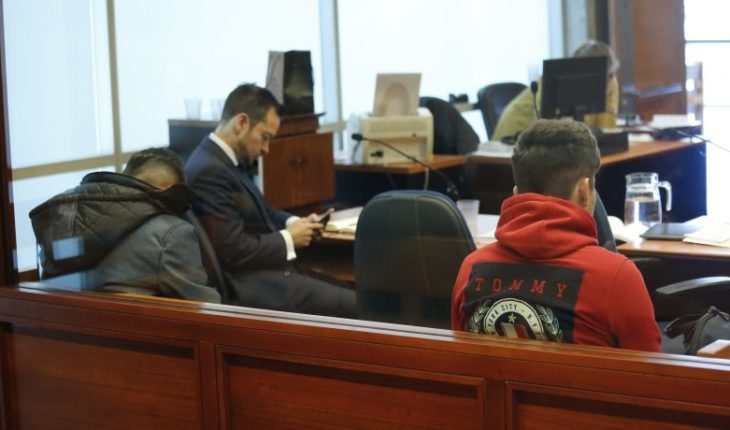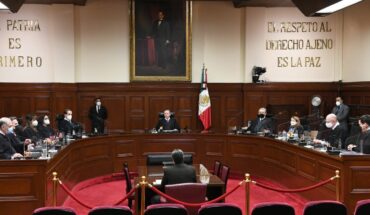The Fifth Court of Oral Trial in the Penal of Santiago sentenced Francisco Ignacio Huaiquipán Bustos to the sentence of 12 years of effective imprisonment, as the author of the consummated crime of murder, an illegal committed in June 2016, in the commune of Maipú. In unanimous ruling, the court – constituted by judges Erika Villegas Pavlich (president), Fernando Valenzuela González and Luis Avilés Mellado (editor) – also applied to Huaiquipán Bustos the legal ancillary of absolute perpetual disqualification to public offices and professions and the absolute disqualification for holding professions for the duration of the sentence. In the case, the court also sentenced Bryan Jesús Melián Villagra to the effective sentence of 5 years and one day of prison, plus the legal ancillary of absolute perpetual disqualification for public offices and trades and political rights and the absolute disqualification for professions for the duration of the sentence, as the perpetrator of the consummate crime of homicide. Meanwhile, Gerardo Ignacio Huaiquipán Bustos must purge 5 years and a day of prison, plus the legal ancillary of absolute perpetual disqualification for public offices and political rights and absolute disqualification for holding professions while sentence, as an accomplice to the crime. Finally, the court sentenced Fabio Joshua Bravo Lorca to 3 years and one day in prison, with the benefit of intensive probation for the same period, plus the ancillary of absolute perpetual disqualification for political rights and that of absolute disqualification for public offices during the time of the conviction, as an accessory to the wrongdoing. Bravo Lorca must comply “during the control period with the individual intervention plan that is approved in due course and with the following conditions of Article 17 of Law 18.216: (a) residence in a given place; (b) subjectto the permanent monitoring and guidance of the delegate to be appointed; (c) exercise of a profession, trade or employment”. It shall also comply with the condition of Article 17b(b) prohibiting the approach of the victim’s family. Once the judgment was enforced, the court ordered the collection of biological samples of the sentenced persons to determine their respective genetic fingerprints and incorporation into the national DNA register of convicts.
translated from Spanish: Francisco Huaiquipán Bustos is sentenced to 12 years in car case for murder
November 23, 2019 |





